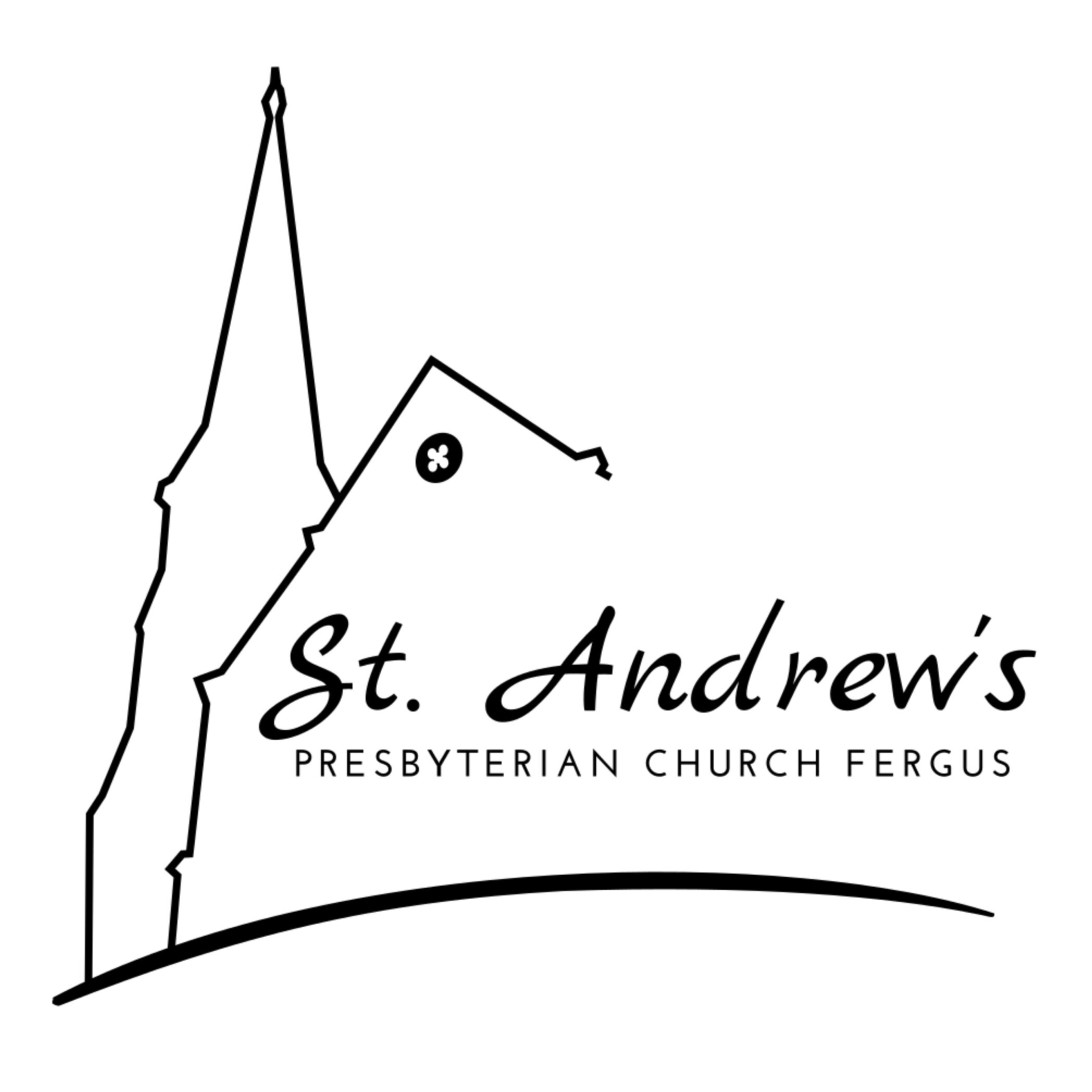A king who did not know Joseph
Exodus 1 (selected verses)
This fall we turn to the Biblical book of Exodus. We will read selected portions from the book, which tells the story of the people of Israel being freed from slavery in Egypt and formed into the people of God. The exodus, the being freed from slavery, stands as a pivotal moment not only in the history of Israel but also a pivotal moment in God’s working in the world (in what is sometimes call “salvation history”. The Book of Exodus reveals a great deal about who God is and what God is about in the world. Those are among the kinds of questions we will be asking as we read through the book – what are we learning about what God is like?
8 Now a new king arose over Egypt, who did not know Joseph. 9 He said to his people, ‘Look, the Israelite people are more numerous and more powerful than we. 10 Come, let us deal shrewdly with them, or they will increase and, in the event of war, join our enemies and fight against us and escape from the land.’ 11 Therefore they set taskmasters over them to oppress them with forced labour. They built supply cities, Pithom and Rameses, for Pharaoh. 12 But the more they were oppressed, the more they multiplied and spread, so that the Egyptians came to dread the Israelites. 13 The Egyptians became ruthless in imposing tasks on the Israelites, 14 and made their lives bitter with hard service in mortar and brick and in every kind of field labour. They were ruthless in all the tasks that they imposed on them.
15 The king of Egypt said to the Hebrew midwives, one of whom was named Shiphrah and the other Puah, 16 ‘When you act as midwives to the Hebrew women, and see them on the birthstool, if it is a boy, kill him; but if it is a girl, she shall live.’ 17 But the midwives feared God; they did not do as the king of Egypt commanded them, but they let the boys live…. 20 So God dealt well with the midwives; and the people multiplied and became very strong. 21 And because the midwives feared God, he gave them families. 22 Then Pharaoh commanded all his people, ‘Every boy that is born to the Hebrews you shall throw into the Nile, but you shall let every girl live.’
The opening line of the text is revealing – “a new king arose…who did not know Joseph.” The new king did not know the history of how Joseph, the Israelite (the Hebrew), saved the people of Egypt during a period of great famine. All the new king saw was the threat posed by the large group of foreigners living in the land, a group who were growing in number and might some day overwhelm the Egyptians. (A theological point: The fact that one generation had an encounter with God, does not mean that future generations will honour that past encounter with God as being of significance for their lives. Each generation needs to have its own encounter with God, for awareness of God’s active presence in the world to remain a factor in how people live their lives.)
The new Pharaoh (king) turned the Israelites into forced labour (slaves) building cities and other projects. As the Israelite population continued to grow, Pharaoh instituted laws which sought to limit that population. Today we would call it genocide.
The midwives who served the Israelite women disobeyed Pharaoh, and God blessed them for their disobedience. The midwives’ faith and courage are examples to all those who find themselves forced to choose following the destructive instructions of their bosses/leaders or living by the pattern God says leads to life and hope. Notice that the midwives are not violent in their resistance, neither they do not insult Pharaoh, they quietly do the right thing.
PRAYER:
God of the oppressed and the downtrodden, open our eyes to see your hand at work lifting up the persecuted and bringing hope to the downtrodden. Show us how we can join you in what you are doing. In Jesus’ name. Amen.
